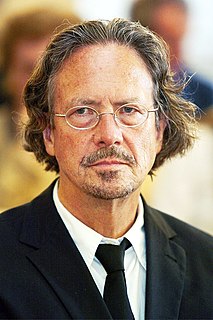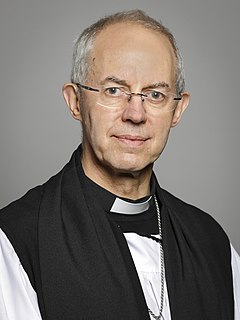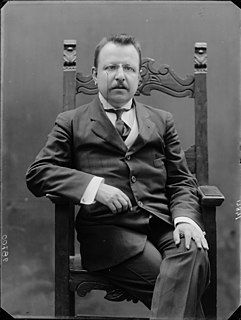A Quote by Janet Malcolm
Society mediates between the extremes of, on the one hand, intolerably strict morality and, on the other, dangerously anarchic permissiveness through an unspoken agreement whereby we are given leave to bend the rules of the strictest morality, provided we do so quietly and discreetly. Hypocrisy is the grease that keeps society functioning in an agreeable way, by allowing for human fallibility and reconciling the seemingly irreconcilable human needs for order and pleasure.
Related Quotes
You should know as much as you can about the human species if you have a hand in designing human society. Of course, I'm not saying that you can derive moral rules from nature - that's deriving an ought from an is, as the philosophers say - but you do need to know what kind of animals we are if you want to design a stable society.
[T]here are, at bottom, basically two ways to order social affairs, Coercively, through the mechanisms of the state - what we can call political society. And voluntarily, through the private interaction of individuals and associations - what we can call civil society. ... In a civil society, you make the decision. In a political society, someone else does. ... Civil society is based on reason, eloquence, and persuasion, which is to say voluntarism. Political society, on the other hand, is based on force.
Man was destined for society. His morality therefore was to be formed to this object. He was endowed with a sense of right and wrong merely relative to this. This sense is as much a part of his nature as the sense of hearing, seeing, feeling; it is the true foundation of morality... The moral sense, or conscience, is as much a part of man as his leg or arm. It is given to all human beings in a stronger or weaker degree, as force of members is given them in a greater or less degree. It may be strengthened by exercise, as may any particular limb of the body.
When we come to the moral principles on which the government is to be administered, we come to what is proper for all conditions of society. Liberty, truth, probity, honor, are declared to be the four cardinal principles of society. I believe that morality, compassion, generosity, are innate elements of the human constitution; that there exists a right independent of force.




































